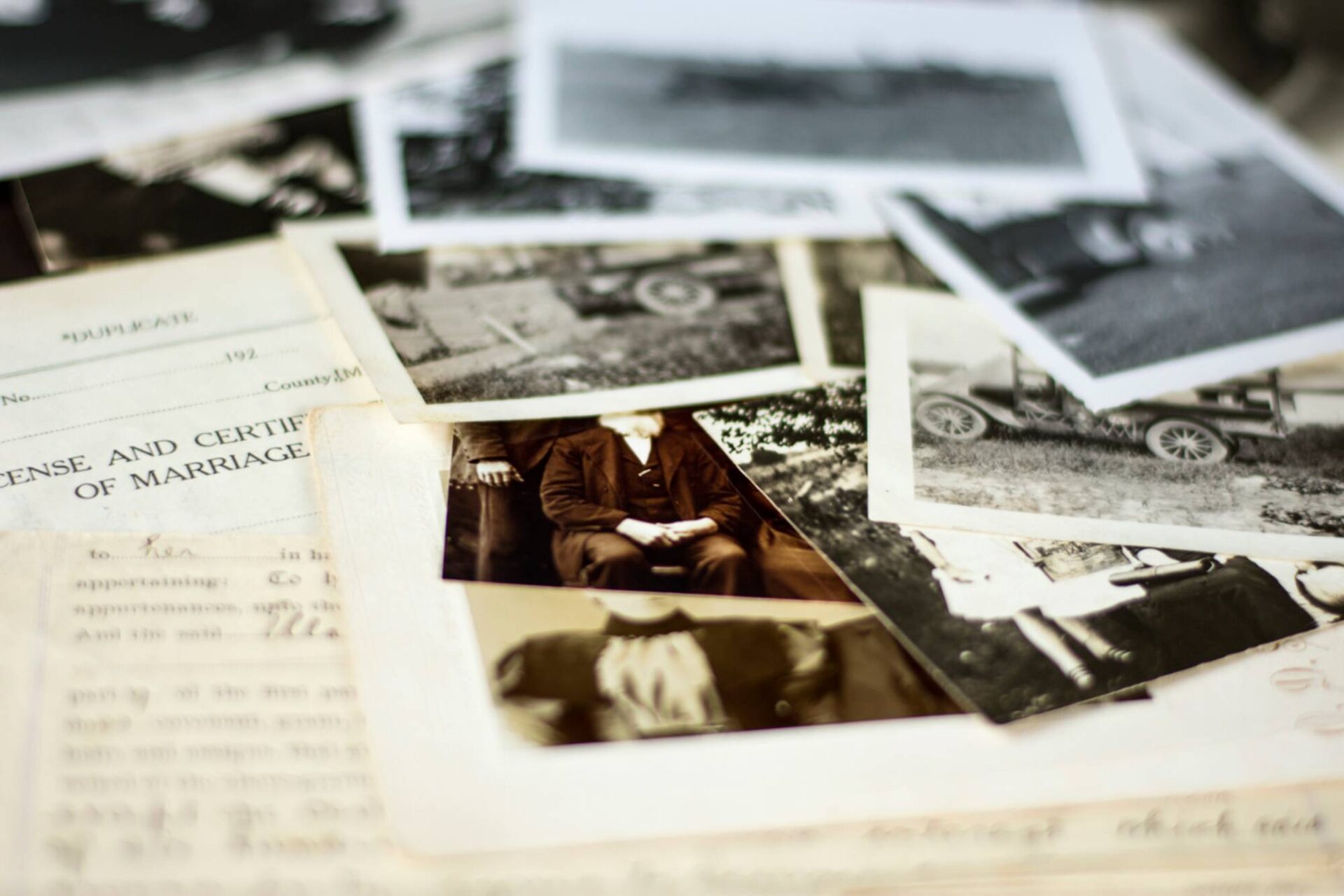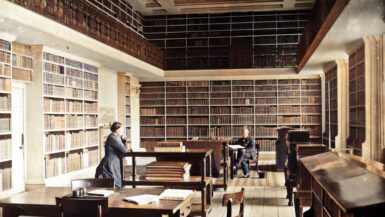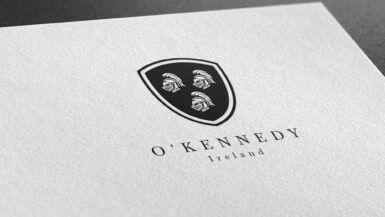The Griffin surname is of ancient Irish origin. It was originally derived from the Gaelic personal name, “Gríobhtha”, which later transformed into its Anglicized forms, primarily as Griffin, but also as Griffith in some areas.
Etymology and Meaning
The Gaelic “Gríobhtha” is formed from the elements “gríobh”, meaning griffin (a mythical creature with the body of a lion and the head and wings of an eagle), and a diminutive suffix “-ín”. Hence, the Griffin surname carries the symbolic essence of strength and leadership as embodied by the mythical creature it represents.
Earliest Known Usage
The earliest use of the Griffin surname in Ireland dates back to medieval times, with a notable mention of the Griffin family in the Annals of the Four Masters as chiefs in the Barony of Guaire, in County Galway.
Geographic Distribution
While the Griffin name has dispersed throughout Ireland over the centuries, the surname’s original stronghold was primarily located in the western counties of Galway and Kerry, where it is still notably prevalent today.
Original Geographic Location
The original home of the Griffin family is believed to be in County Galway, in the ancient territory of Ui Fiachrach Aidhne, which was part of the kingdom of Connacht.
Migration Patterns
In the wake of the Great Famine and other socio-political turmoil, many Griffins migrated to destinations like the United States, Australia, Canada, and England, resulting in a broad global diaspora of the Griffin name.
Historical Context
Notable Historical Events
Members of the Griffin family were deeply intertwined with the course of Irish history. This is evident in their participation in the Jacobite war in Ireland and their contribution to the political and cultural fabric of the country.
Involvement in Key Moments in History
The Griffin family left its mark on critical historical periods, notably during the struggle for Irish Home Rule in the 19th and early 20th centuries.
Notable Irish Bearers of the Surname
Famous Individuals
Many noteworthy Irish figures bear the Griffin surname, such as Gerald Griffin, a popular 19th-century novelist, and playwright, and John Mary Griffin, the Roman Catholic Bishop of Limerick in the mid-20th century.
Influential Figures
Several influential Griffins have made their mark in politics, the arts, and sports, such as Mervyn Griffin, a prominent television host, and musician, showcasing the diverse achievements of the Griffin clan.
Variations of the Surname
Spelling Variations
Several spelling variants of the Griffin surname exist, including Griffith, Griffen, Gryffin, and others, reflecting the phonetic interpretations of the original Gaelic name in English.
Regional Differences
Regionally across Ireland, the pronunciation and spelling of Griffin can vary, particularly influenced by local dialects and historical interactions between Gaelic and English.
Current Statistics and Distribution
Frequency and Global Distribution
The Griffin surname has a significant global footprint, notably in countries such as the United States, Australia, England, and, of course, Ireland, where it ranks among the top 100 most common surnames.
Changes Over Time
While the Griffin name remains a stalwart in Ireland, its geographical distribution has expanded dramatically due to historical migrations, notably during the 19th and 20th centuries.
Family Coat of Arms
The Griffin family coat of arms features a black shield with a gold griffin passant, emphasizing the mythological roots of the name. The crest is a demi-griffin, further reinforcing the symbolism tied to the surname.






Leave a reply